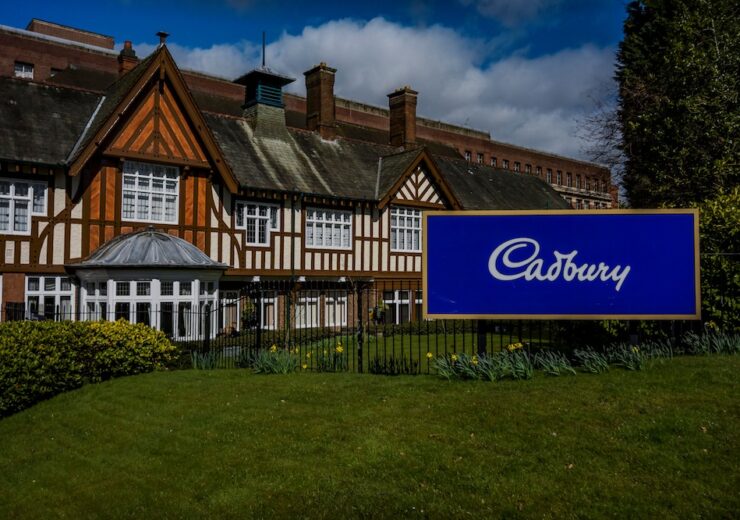By 2025, Mondelez - which owns brands such as Cadbury and Oreo - aims for a 25% reduction in virgin plastic use in its rigid plastic packaging

Brands Mondelez owns includes Oreo and Cadbury (Credit: Shutterstock/David Hughes)
Mondelez International has announced an increased commitment to reducing its use of virgin plastic in its packaging.
It’s part of the confectionery giant’s ongoing efforts to eliminate, reduce, replace and recycle plastic packaging across its portfolio.
The company has also supported the introduction of a US federal recycling scheme, which takes into account the types of plastic packaging used across the industry.
Mondelez International chairman and CEO Dirk Van de Put said: “Our support for a more sustainable future for plastics is clear.
“We’re already one of the most efficient users of plastic packaging in the consumer goods space and we’ve made significant strides to reduce plastic packaging use, substitute plastics for other materials and design for recyclability.
“Given the strong progress we’ve made in packaging, and our focus on leading a sustainable future for snacking, we’re committing to reductions in virgin plastics use and investments in innovation to remove packaging or switch to more easily recyclable materials.”
Mondelez aims for a 25% reduction in virgin plastic in its rigid packaging by 2025
While it already has a significantly below-sector-average use of plastics in its portfolio by weight, Mondelez is demonstrating its resolve to continue to reduce plastic packaging.
By 2025, the company aims for at least a 25% reduction in virgin plastic use in its rigid plastic packaging, or a 5% reduction in virgin plastic use in its overall plastic packaging portfolio.
The virgin plastic use reduction target will be achieved through a combination of measures including elimination of plastic material, increased use of recycled content and the adoption of reuse models for the firm’s portfolio where it makes sense to do so.
These commitments build on its existing 2025 goals to use 5% recycled content by weight across its plastic packaging and to design all packaging for recyclability.
This is a goal the company is on track to achieve with 94% of packaging already designed to be recycled.
The company currently invests more than $30m a year in technology, resources and recycling infrastructure and anticipates an acceleration in this investment over time.
In addition to this, the company is lending its support for a reasonable, federal extended producer responsibility scheme in the US that caters to flexible films, as well as other plastics.
It’s also an active participant in groups such as the Consumer Goods Forum Plastic Coalition of Action, the business call for a global UN treaty on plastics pollution, the US Plastics Pact, and the Ellen MacArthur Foundation’s New Plastics Economy.
Mondelez’s vice president and chief of impact Christine Montenegro McGrath said: “Increasing recyclability of materials is a great start, but we need actual recycling rates of various materials to increase.
“Compared to rigid plastics like PET, flexible plastic films, like the flow wraps we use on our snacks, are still difficult to collect, sort and reprocess economically, because the infrastructure doesn’t exist yet for this to be done at scale.
“We are committed to playing our part to improve this, including partnering with stakeholders across sectors to drive action to combat plastics pollution.”
